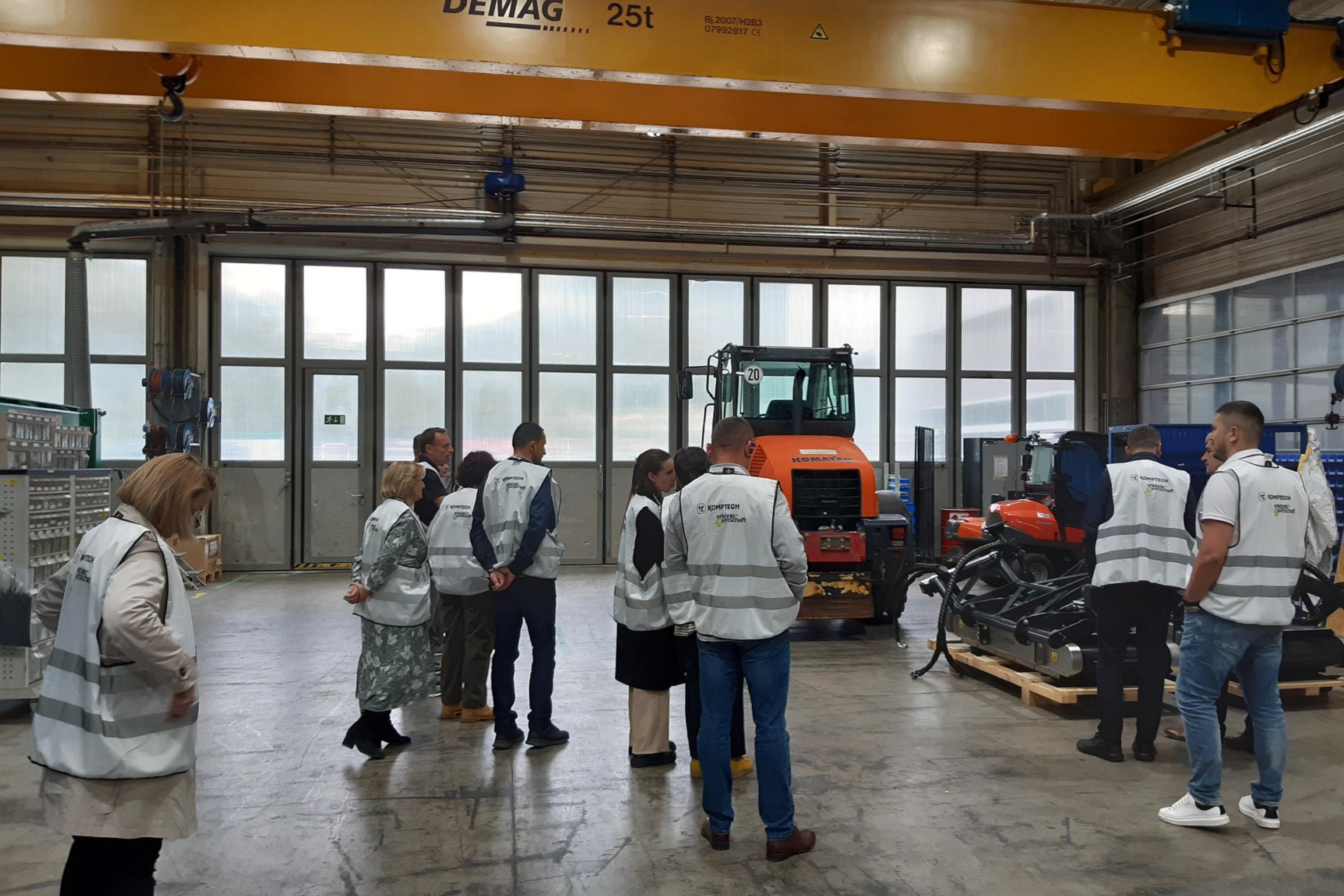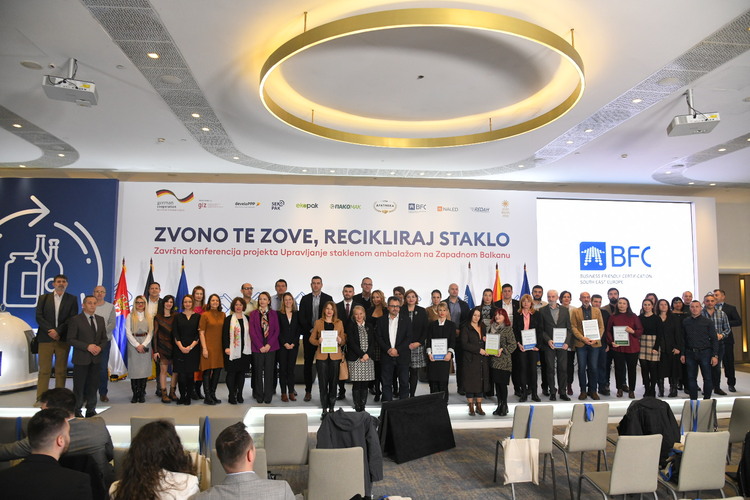NALED's research shows that the majority of citizens do not separate waste because they lack the necessary conditions, while only one fifth say they don’t have the habit of recycling
Citizens want to separate waste, greater systemic investments are needed
The cross-border cooperation project “BEST Cooperation in Waste Management – Towards a Sustainable Environment,” funded by the European Union, has been successfully completed. The project was implemented by NALED in partnership with the Center for Ecotoxicological Research, with the participation of the City of Novi Pazar and the Municipality of Tutin from Serbia, as well as the municipalities of Mojkovac, Bijelo Polje, and Kolašin from Montenegro.
The aim of the project was to improve waste management in the border area between Serbia and Montenegro, by strengthening the capacities of local governments and public utility companies in waste collection and primary waste separation, and raising public awareness about the importance of proper waste management and environmental protection.
As part of the project activities, all five municipalities received public policy documents related to waste management, including situation analyses, packaging waste management recommendations, and a circular economy roadmap. The City of Novi Pazar received 1,500 specialized waste separation bins and a collection vehicle, while the Municipality of Mojkovac received 500 bins and a baling press.
- It is important that we work on developing a system of primary waste separation, which means collecting and sorting waste at the source. NALED’s research shows that the majority of citizens do not separate waste because they lack the necessary conditions, while only one fifth say they don’t have the habit of recycling. It has also been shown that greater motivation would be achieved, above all, by increasing the proximity of public waste bins and recycling stations for different types of waste, as well as introducing certain incentives.
Serbia is doing well in terms of aligning waste management regulations with EU standards, but further investments are needed to implement these regulations, said Sanja Knežević Mitrović, Head of the Environmental Protection Unit at NALED, during a meeting with partners to summarize the project results.
The situation on the ground does not reflect what is prescribed by the law. Local governments often lack the capacity to properly implement the responsibilities assigned to them, given the resources and finances they have. That is why pilot projects and EU funds can serve as a major incentive, especially for smaller communities, to extract recyclable materials such as PET, aluminum, cardboard and paper, multilayer cartons, and glass from municipal waste.
- It is essential to intensify efforts to increase the amount of separated waste and to plan for further expansion of capacities, including the purchase of additional vehicles for recyclable waste collection, household containers, and expanding the recycling program coverage area. Strengthening the capacities of public utility companies is key to finding solutions.
Exchange of experiences and best practices is inseparable from this process. The greatest benefits of cross-border projects are the people on both sides of the border who have established cooperation, shared experiences, and gained new knowledge, said Suad Ljajić, Executive Director for Economic and Financial Affairs at the Public Utility Company “Gradska Čistoća” Novi Pazar and project manager of “BEST Cooperation in Waste Management – Towards a Sustainable Environment.”



